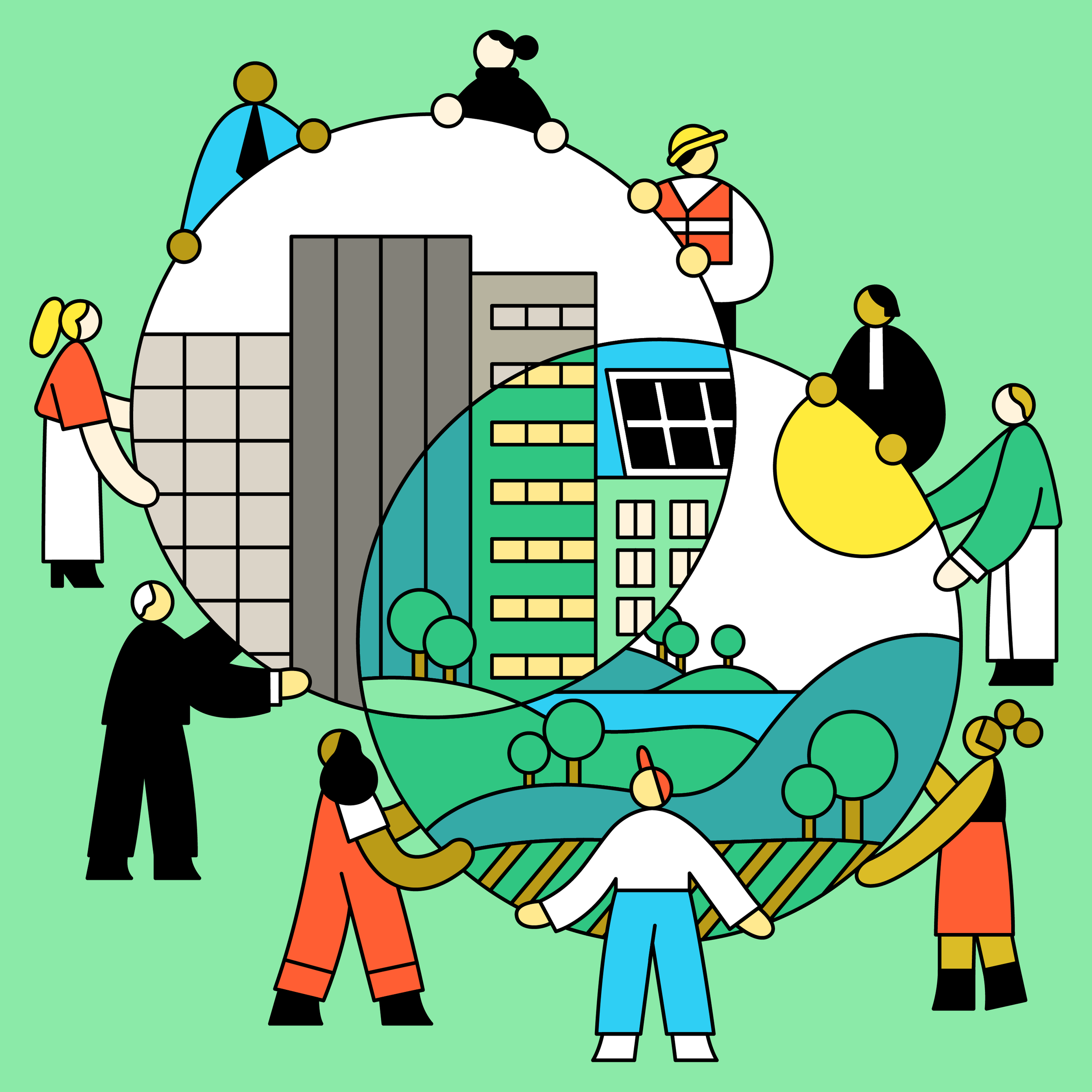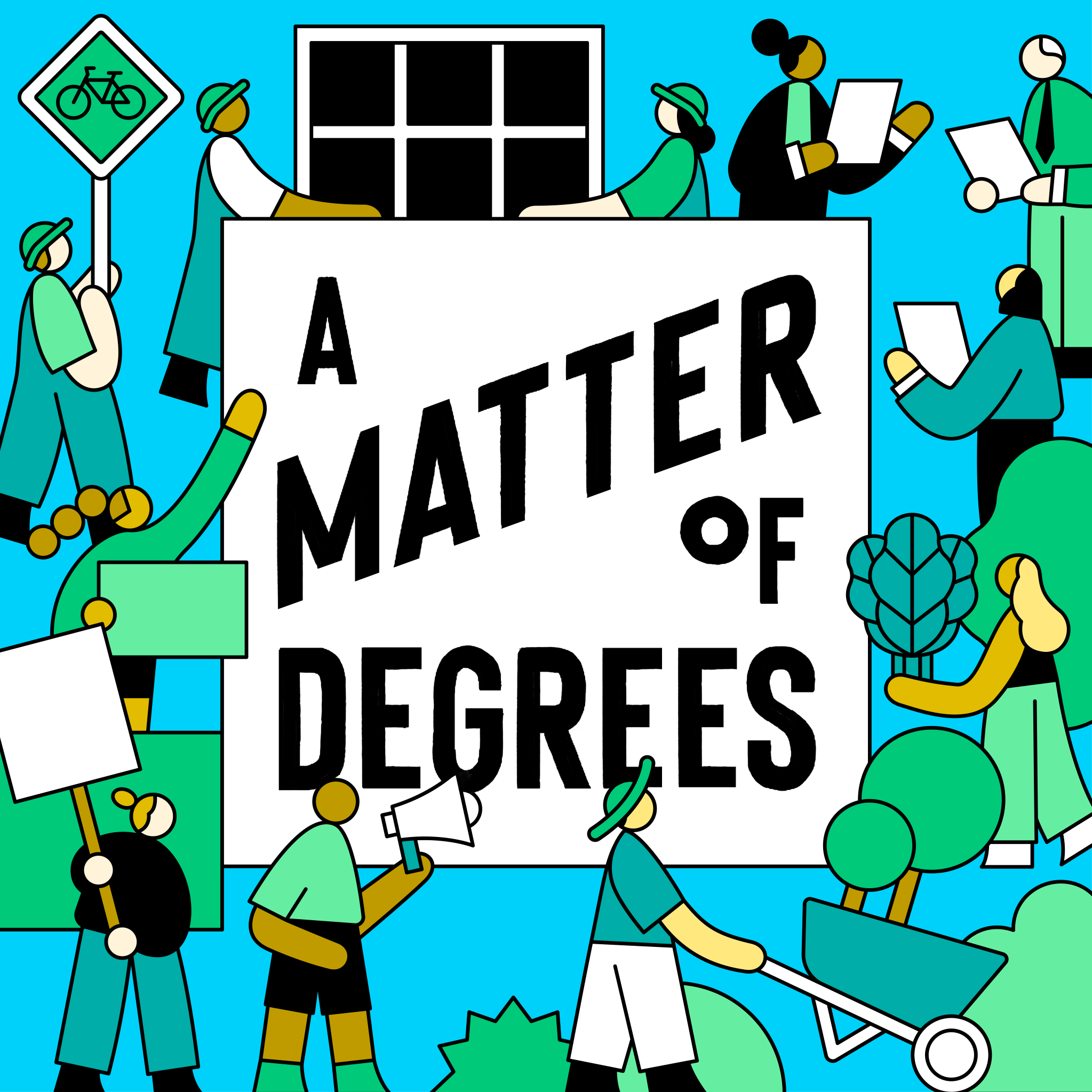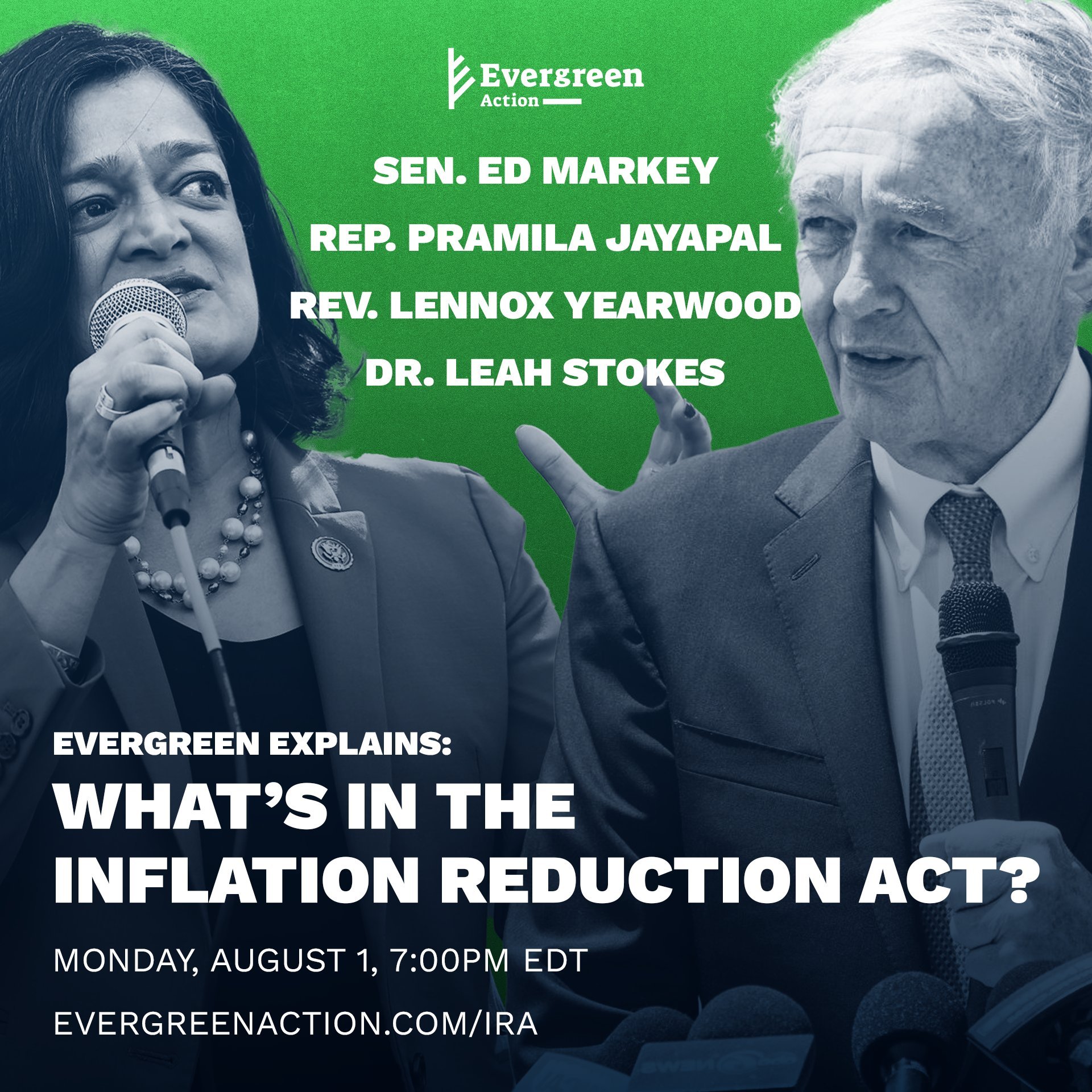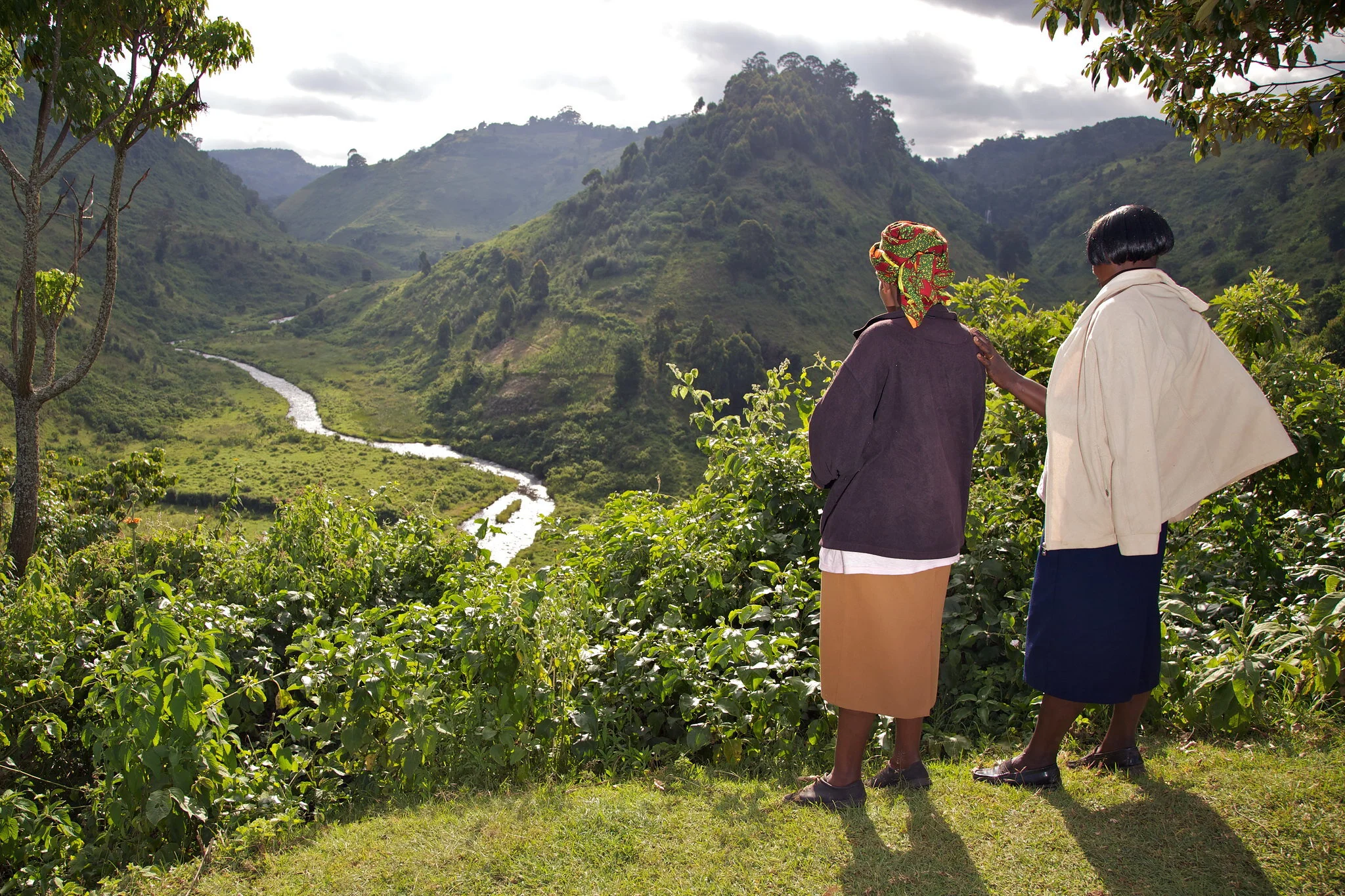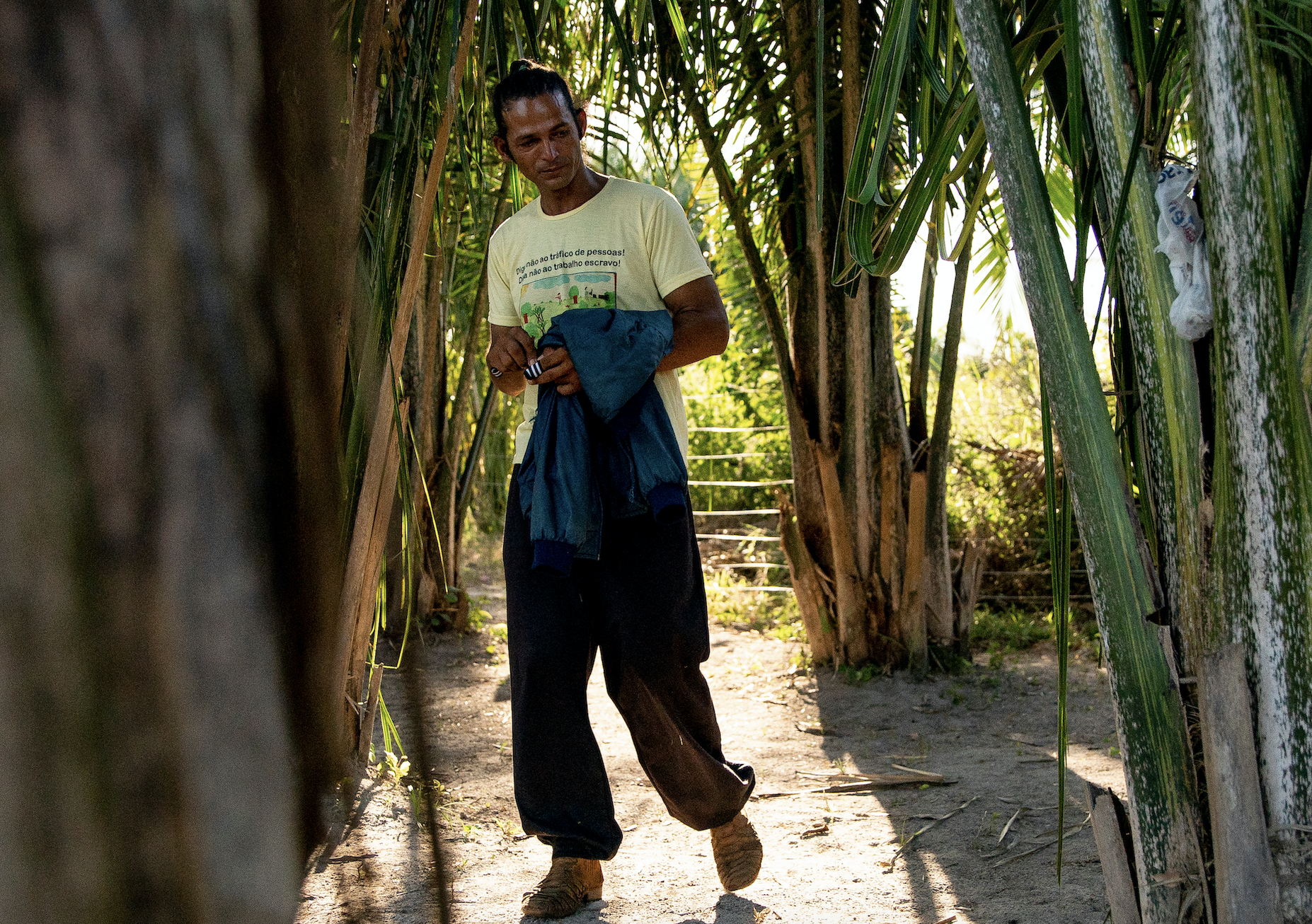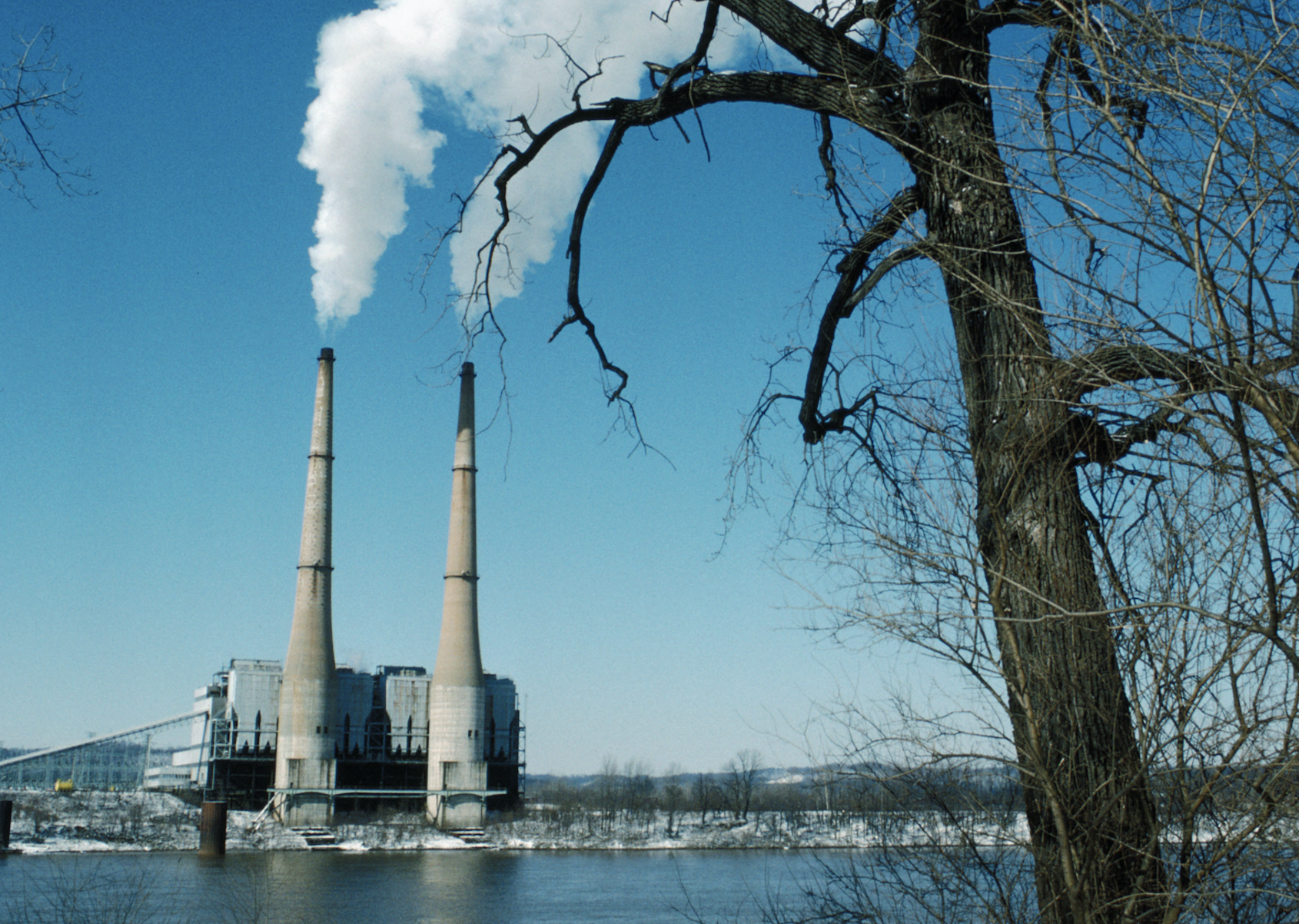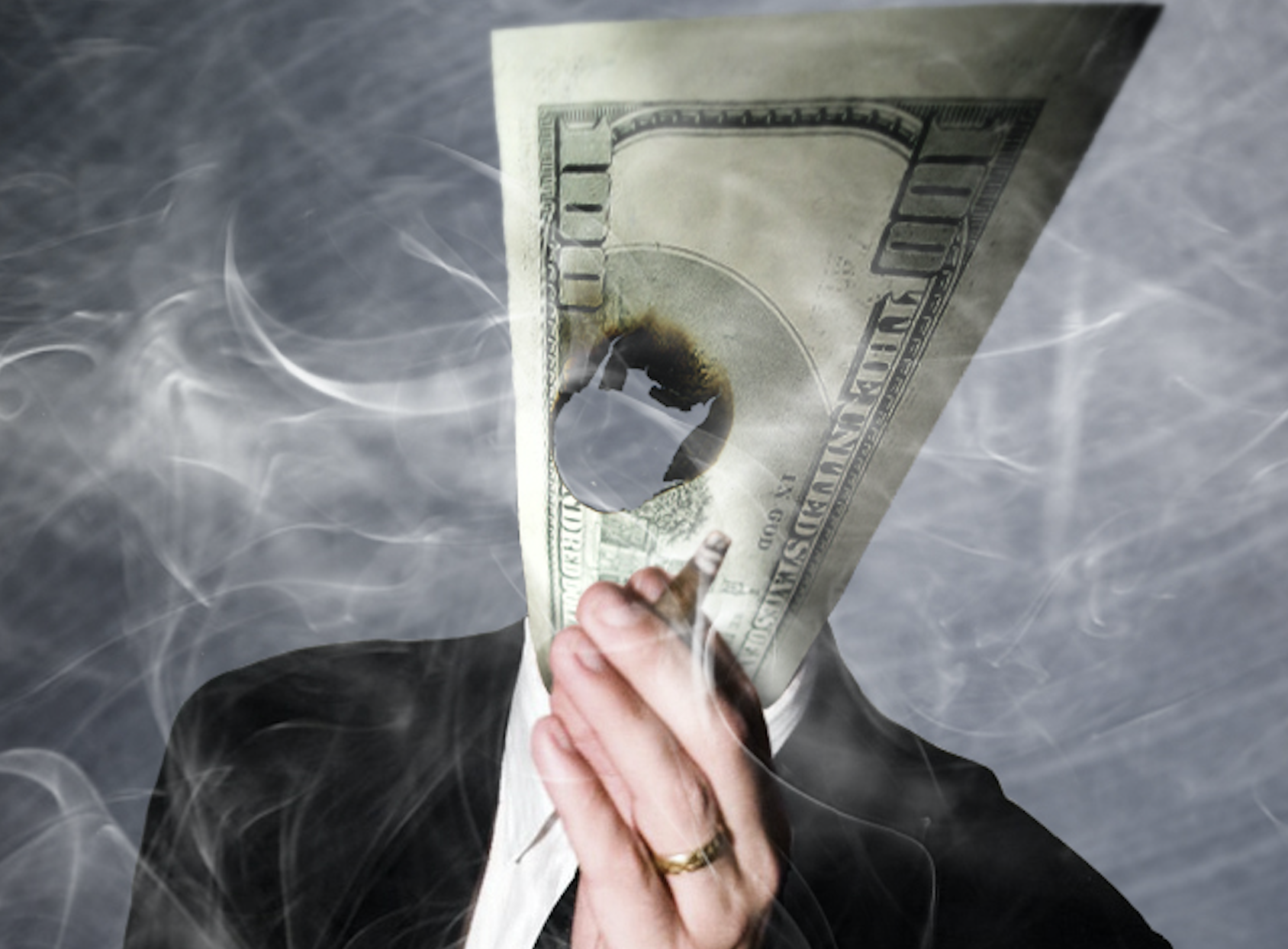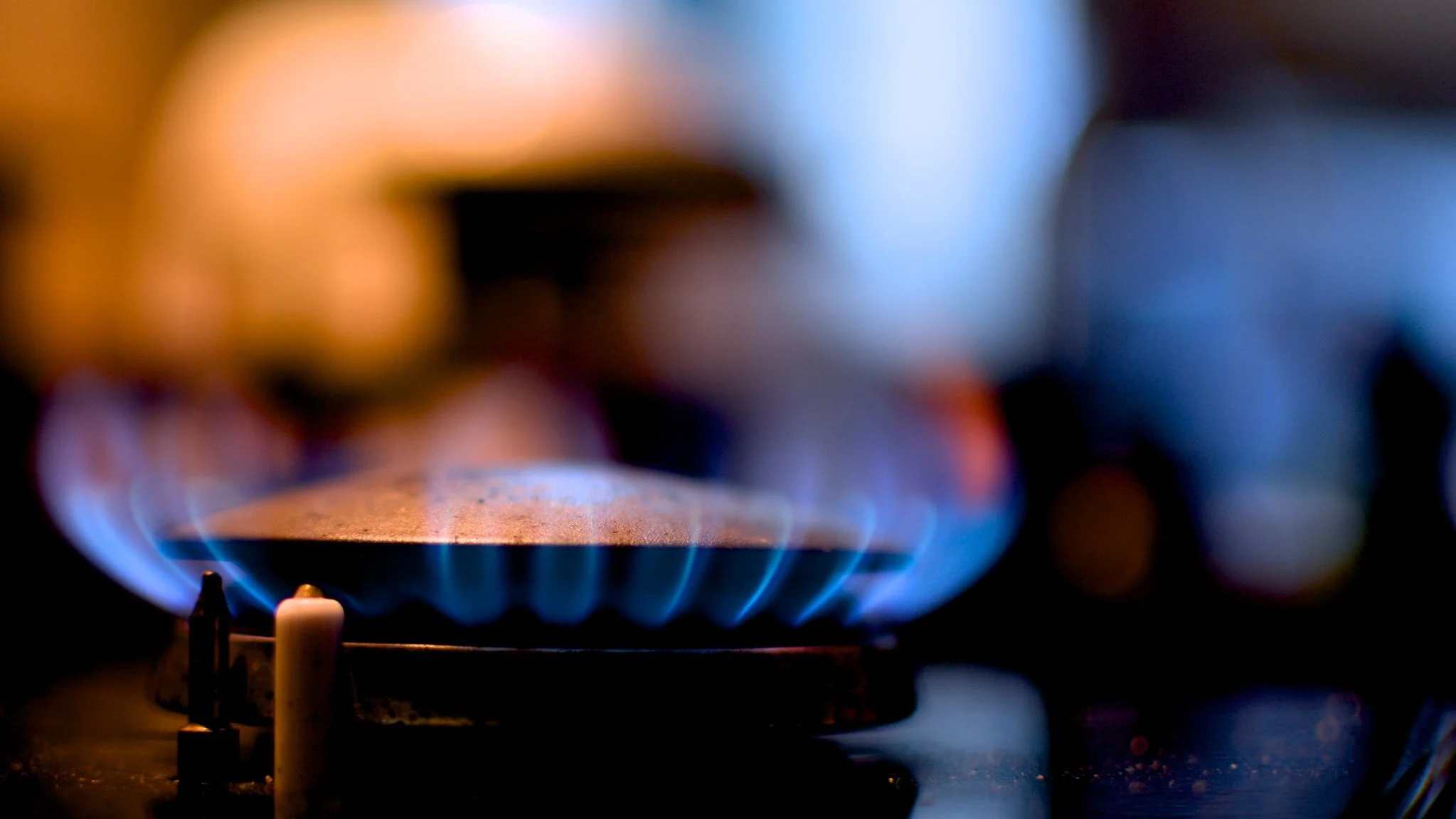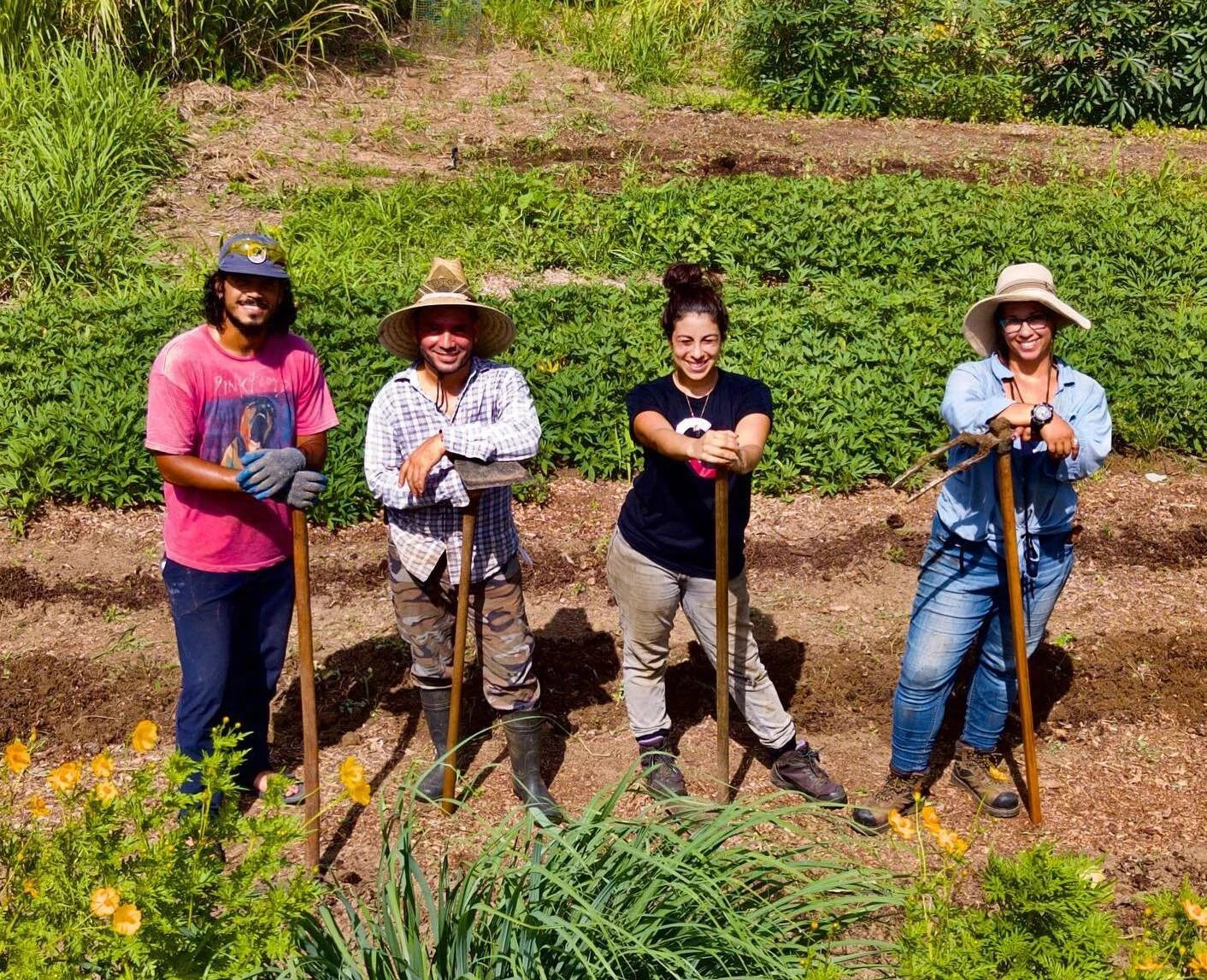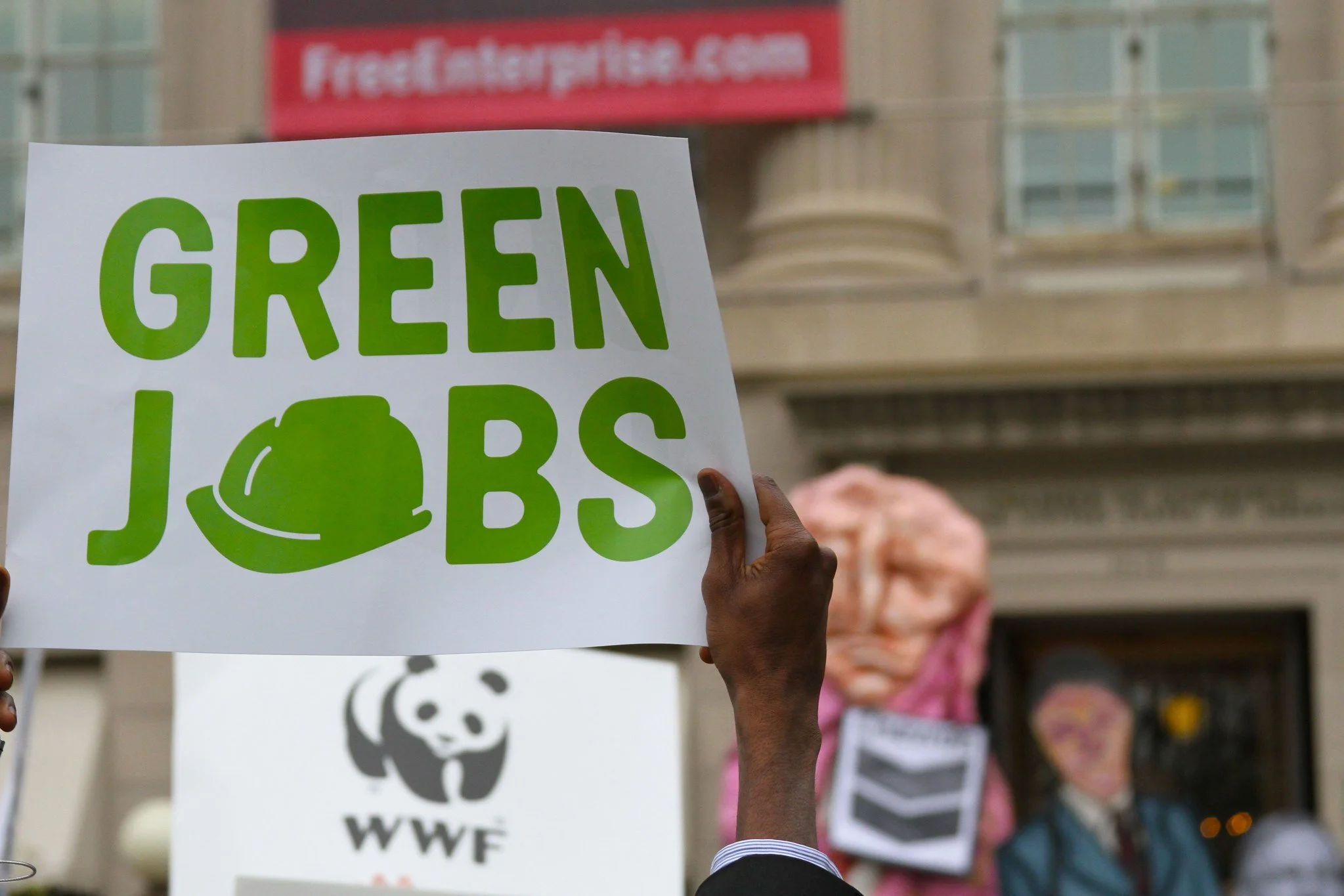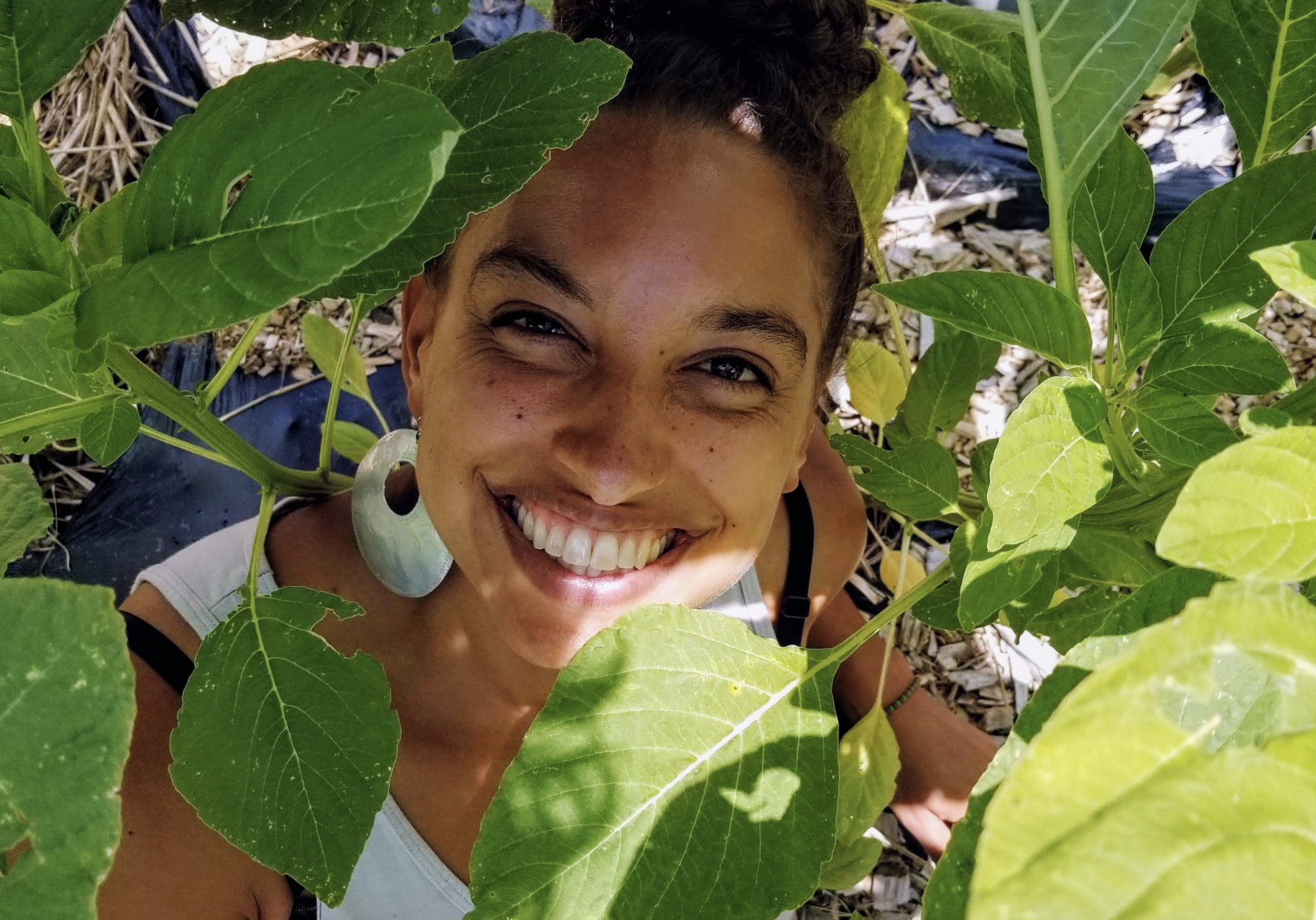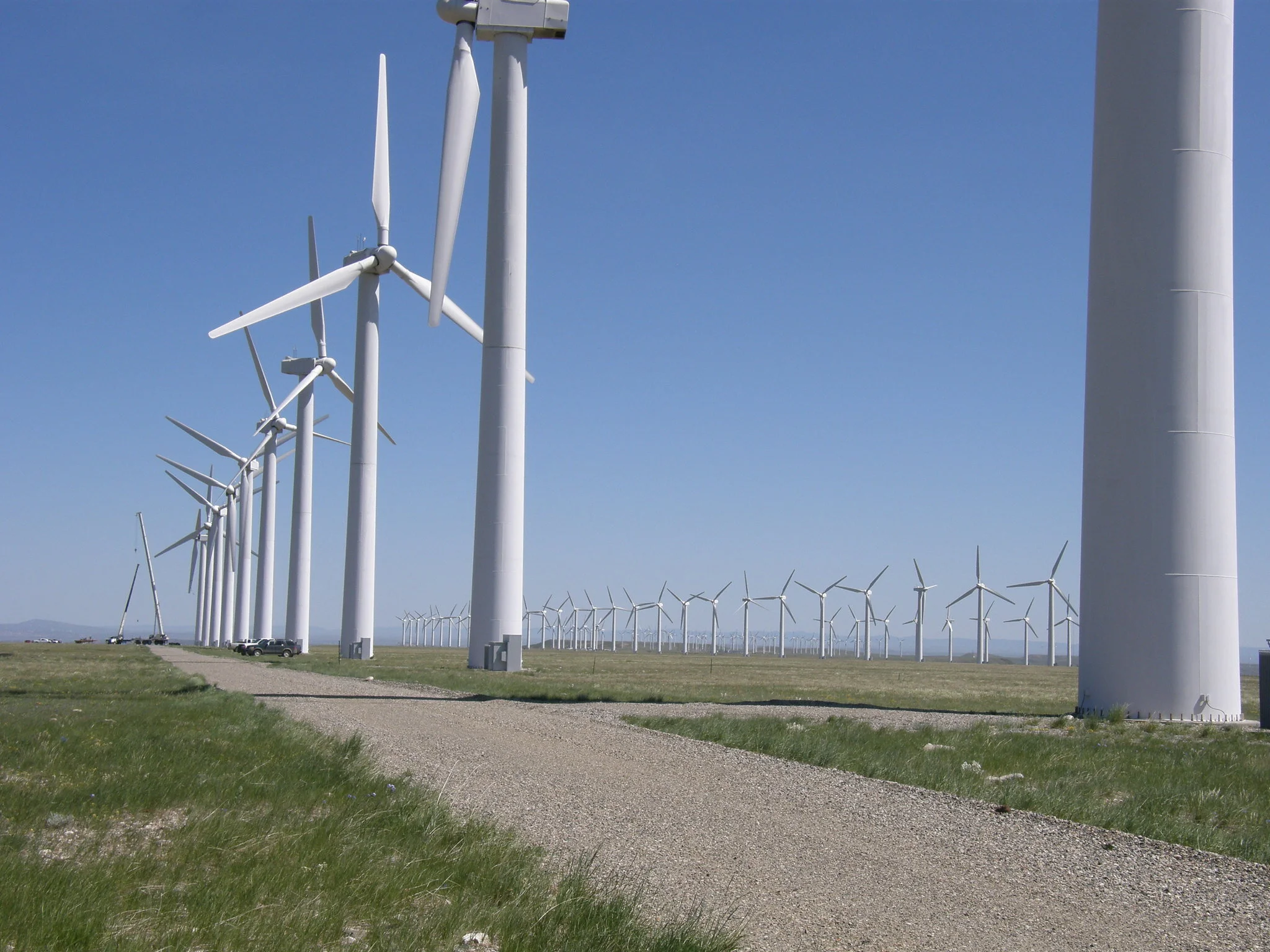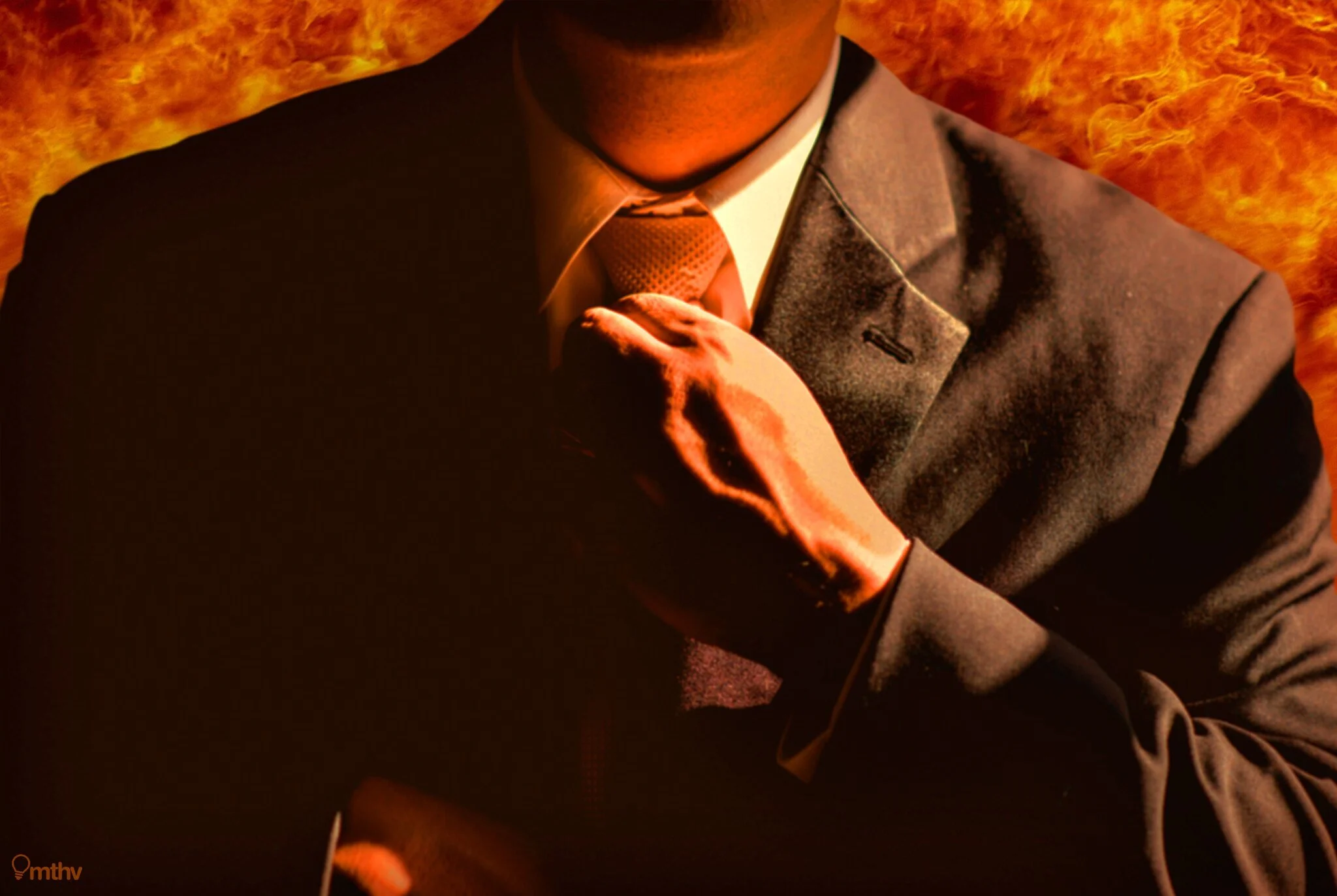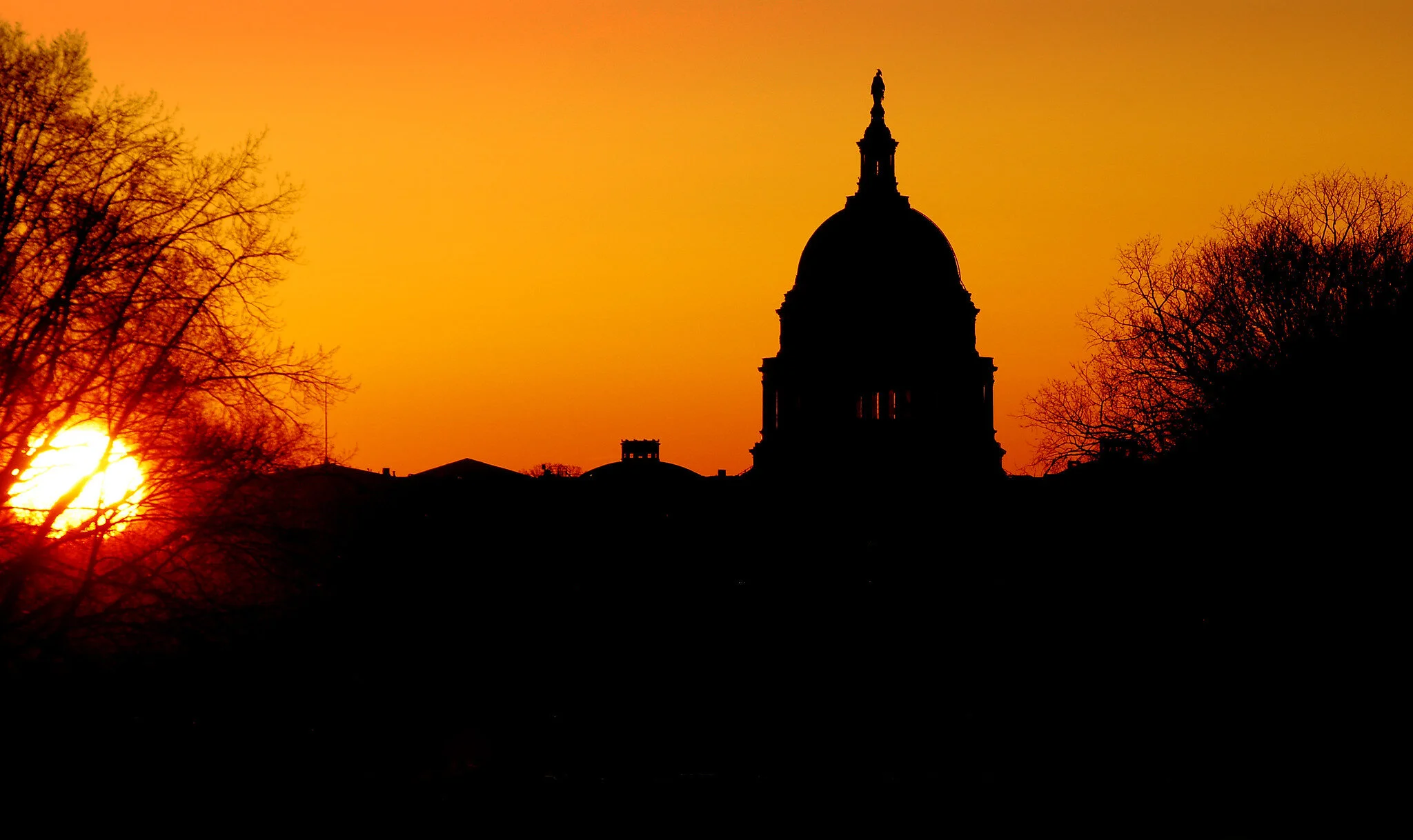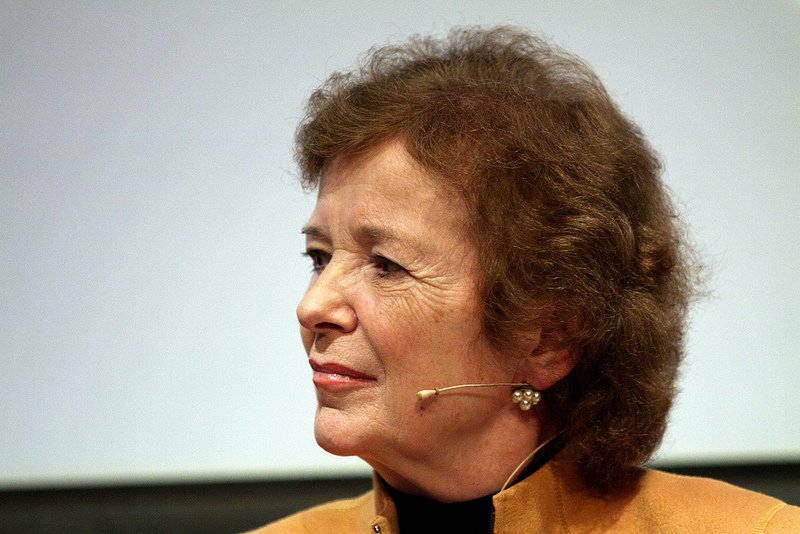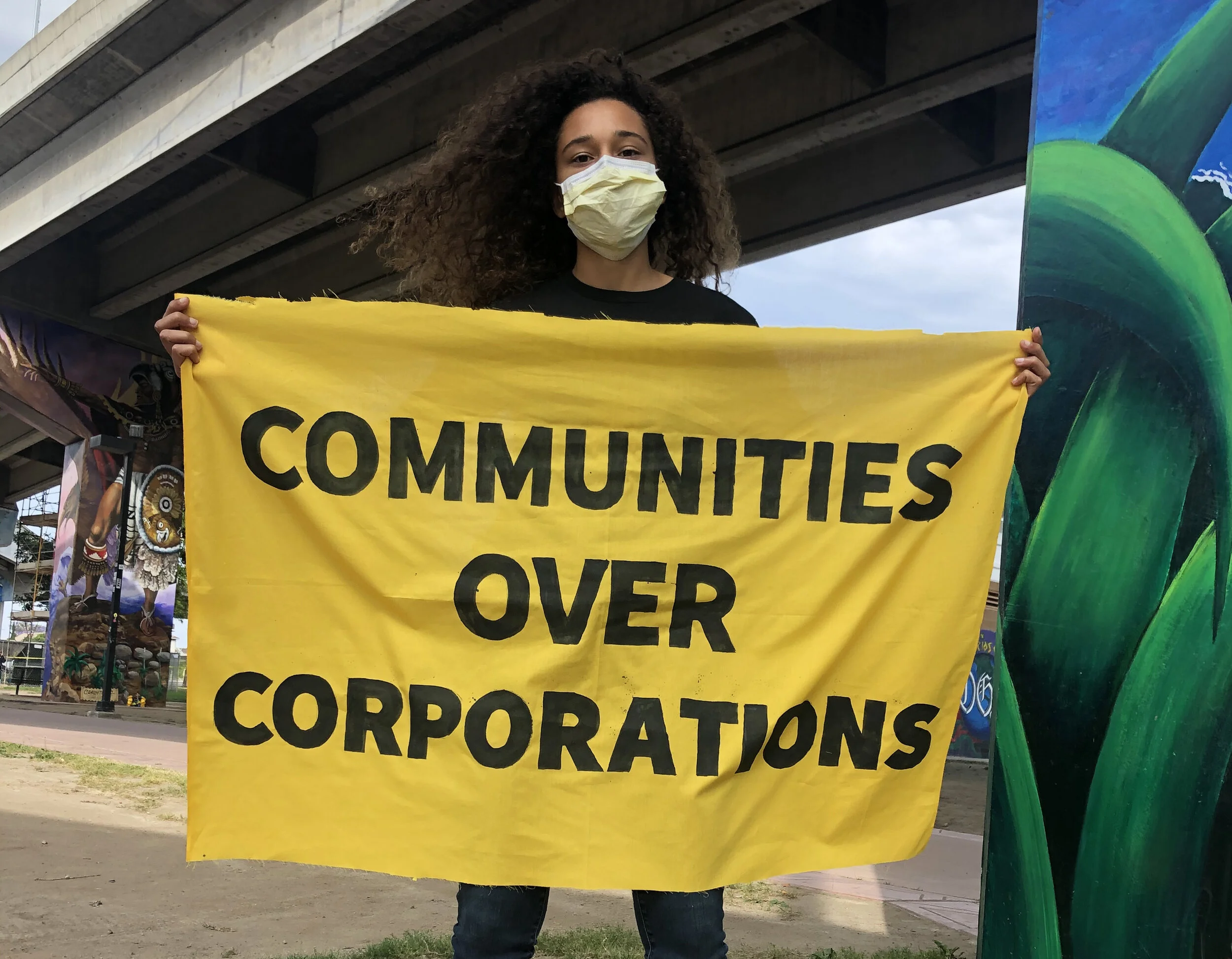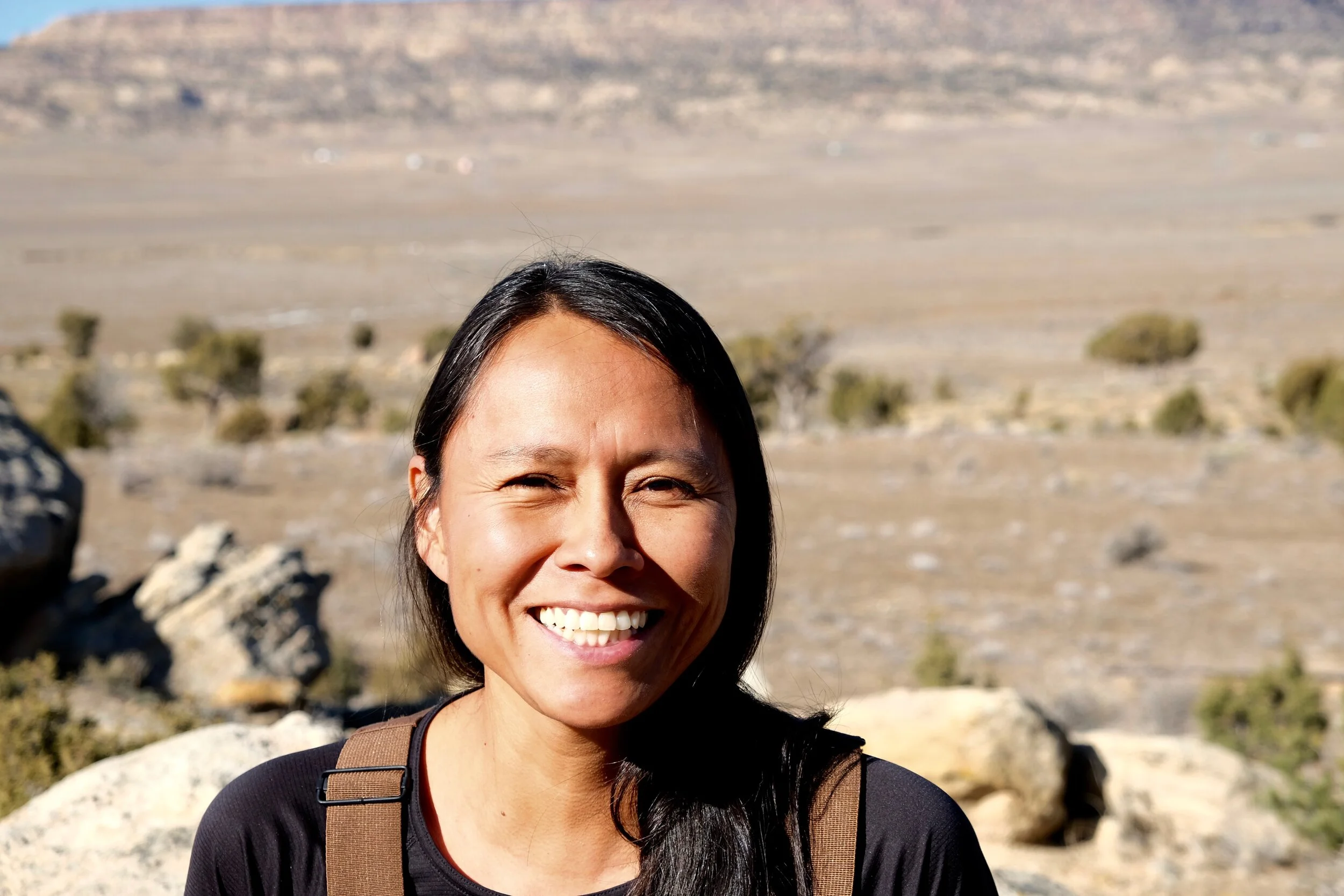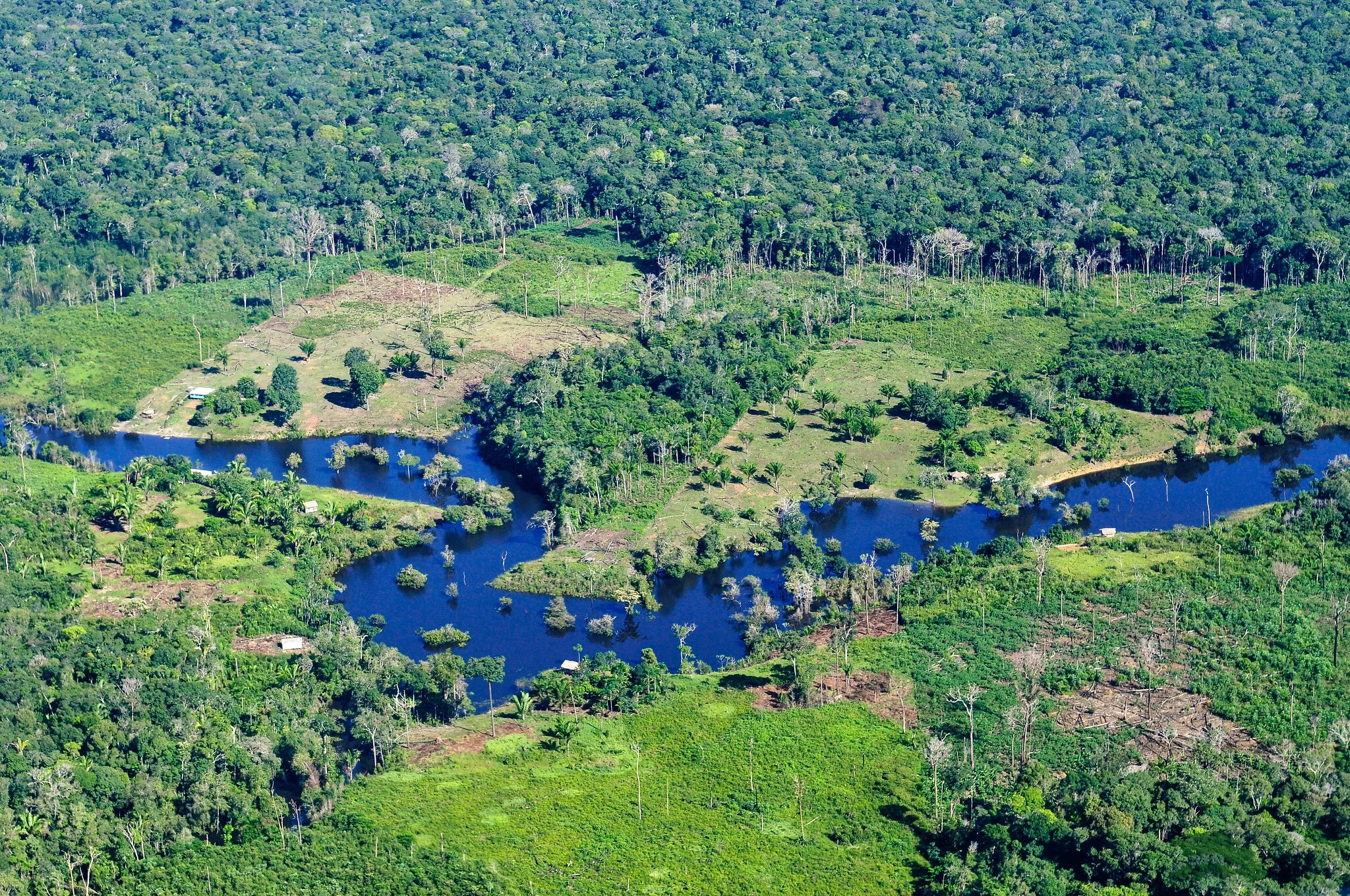“What Can I Do?” Part 2 — The Professional
In this episode, we continue to unpack the question “What can I do?” The second installment of our miniseries zeroes in on our professional lives — ways to approach climate action within the workplace. We learn that almost any job can be a climate job. And, if need be, we can pursue “career divestment.”
“What Can I Do?” Part 1 — The Personal
As climate people, we hear this question again and again: “What can I do?” Many of us are trying to figure out how to help address the climate crisis. So, we’re taking on that critical question in a three-part miniseries. The first episode is all about The Personal — key ways we can act on climate in our own lives and create meaningful, durable change. Hint: it involves stoves and cash.
Trailer: Welcome to Season 3 of A Matter of Degrees
Welcome back, climate-curious friends — it’s time for Season 3 of A Matter of Degrees. This season we’ll tackle some critical topics and big questions, starting with one we’re all asking when it comes to the climate crisis: “What can I do?”
Bonus: This is a Big (Climate) Deal: What’s in the Inflation Reduction Act?
In this live-recorded bonus episode, we acknowledge the harmful flaws in the Inflation Reduction Act of 2022 (IRA), lay out the modeling of its climate impacts, and call on first the Senate, then the House of Representatives to vote and pass it now. This is a conversation co-hosted by Evergreen Action, featuring Sen. Ed Markey, Rep. Pramila Jayapal, and Rev. Lennox Yearwood, Jr.
How Gender Equality Can Save the Planet
In this episode, Dr. Katharine Wilkinson and Dr. Ayana Elizabeth Johnson, speak with two sociologists about how gender inequality in climate leadership can deepen the harmful impacts of climate change, and also hinder policy changes.
Paid in Blood
In this episode: What the murder of 'landless workers' in the Brazilian Amazon tells us about land, power, and environmental destruction.
The ‘Win, Win Win’ Strategy to Retire Coal
In this episode, A Matter Of Degrees Host Leah Stokes and How To Save A Planet Host Alex Blumberg team up to explore how securitization would work -- and why utilities are getting behind it.
The ‘Bond Vigilante’ Exposing Fossil Fuel Risk
In this episode, we have a story about two people who are trying to cut off that supply of oxygen to global lenders and the insurance companies backing them. It comes from our executive editor, Stephen Lacey.
The Devious Plan to Keep Us Hooked on Gas
In this episode, we'll hear from activists, reporters, and industry professionals who are following the gas industry’s battle to keep fossil fuels in our homes.
A Farming Solution for a Hotter, Less Stable World
Producer Dalvin Aboagye brings us a story about a collective known as Guakia in Puerto Rico working to clean up the food system as a part of a larger worldwide movement to adapt farms to local ecosystems.
Green Jobs … For All?
This week, we hear from folks in government, the nonprofit sector, the renewable energy space and academia about what it will really take to usher in a racially and economically just clean-energy transition.
Healing the Soil, Healing Ourselves
Abuse of soil, the atmosphere, and communities of color have gone hand in hand. Through reclaiming ancestral connection to the soil, Black farmers are healing the entangled harms of colonization, capitalism, and White supremacy and moving agricultural climate solutions forward in the process.
‘Let’s Go Get Us a Clean Electricity Standard’
Baked into the American Jobs Plan is an ambitious proposal to set a federally-mandated Clean Electricity Standard of 100% carbon-free electricity by 2035. It would put the US on track to get emissions under control and avoid the worst impacts of climate change. That is, if it gets through Congress.
The ‘Prestige Problem’ Making Fossil Fuels Powerful
Fossil fuel companies are tapping into America’s “best and brightest” at top banks, public relations and advertising firms, law firms, and strategy consulting firms. In this episode of A Matter of Degrees, we peek behind the curtain to see what makes them so powerful.
Bonus: Biden's Climate Plan Could Reshape America (Live w/ Julian NoiseCat)
As we develop our second season, we’re sharing a couple live conversations that Leah and Katharine recorded from the Bloomberg Green Summit and the Crosscut Festival. We dig into the state of climate politics in the U.S. and internationally.
Bonus: The State of Global Climate Talks (Live w/ Mary Robinson)
Katharine and Leah host a live conversation about the road to COP26 with Mary Robinson, the former president of Ireland.
The ‘Darth Vader’ of Electric Utilities
In 2013, a series of attack ads blitzed television sets across Arizona. They warned of a dire threat to senior citizens. Who was the villain? Solar energy.
These ads came from front groups funded by Arizona Public Service, the state’s largest utility. It was part of a years-long fight against rooftop solar.
“I mean, for Star Wars fans, APS became the Darth Vader of electric utilities in America. I mean, I think you would be hard-pressed to find a utility that behaved as badly as APS did in the last decade,” explains former regulator Kris Mayes.
But APS isn’t alone. It’s a prime example of how monopoly utilities abuse their power to influence regulatory decisions and slow clean-energy progress.
What happens if your electric utility starts doing things you don’t agree with? What if they start attacking solar and proposing to build more and more fossil gas plants? What if they actively resist clean energy progress?
Well, you don’t get a choice. You have to buy electricity, and you have to buy it from them. As a customer you’re funding that.
In this episode, we’ll detail how it happened in Arizona -- and how public pressure forced APS’ to come clean.
The Stages of Black Climate Grief
Most of us are in the first stage of climate grief: denial.
But what does it feel like to enter the stage of grief? And how is that grief different for black people?
Even if you’ve seen the impacts of climate change up close, even if you’ve felt the tropical winds whip your cheeks, stood in floodwater knee deep in your own home, watched a fire come down the ridge line, said “wow, I can’t remember a summer this hot” -- you are likely stuck in some state of denial.
As a black person, grieving for the planet can look different, feel heavier and more immediate.
Changing Woman: One Navajo’s Fight for a Just Energy Transition
Ten percent of Navajos lack access to electricity. Some spend up to $700 per month on fuels to travel to places with electricity, or charge electronics in their cars and trucks.
But the Navajo Nation isn’t exactly an energy-poor place. In fact, until recently, the reservation was home to two of the largest coal strip mines in the world. In recent decades as many as five coal-burning power plants surrounded Navajo lands. For many Navajo, power lines connecting coal to major cities like Phoenix and Los Angeles, have come to symbolize this vastly unequal system.
We’ll look at the deep history of energy extraction and colonialism that led to the current clean-energy transition for the Navajo people.
Cleaning Up the Carbon Mess
Climate change is no longer a far-off scenario. It’s happening now. It’s getting more intensive every year. And young people are seeing a scary future play out right in front of them.
In recent years, the youth climate movement has gained unprecedented strength. Borrowing from the civil rights movement and early environmental activists, young leaders are forcing politicians to grapple with climate change in new ways. Are we truly at a breakthrough moment? Or a breaking moment?

